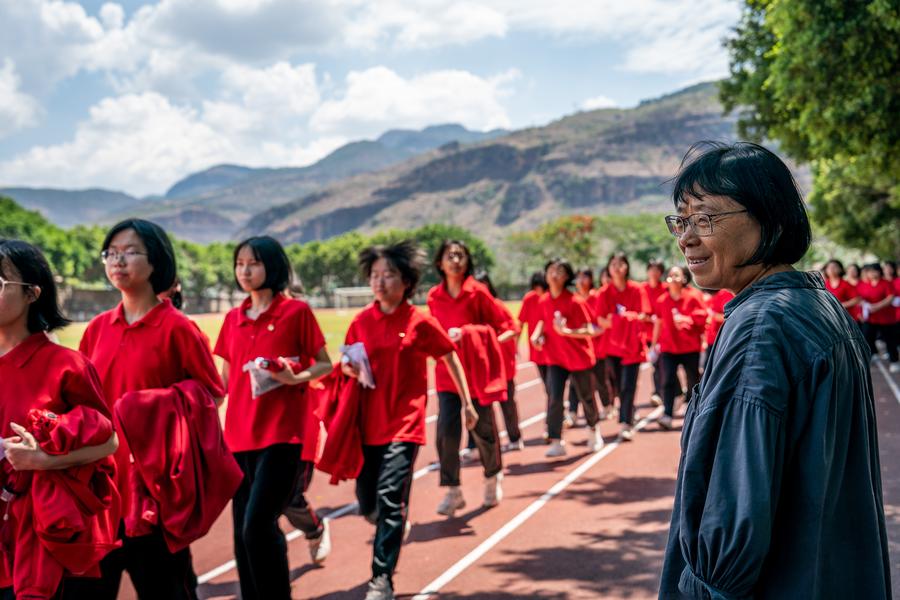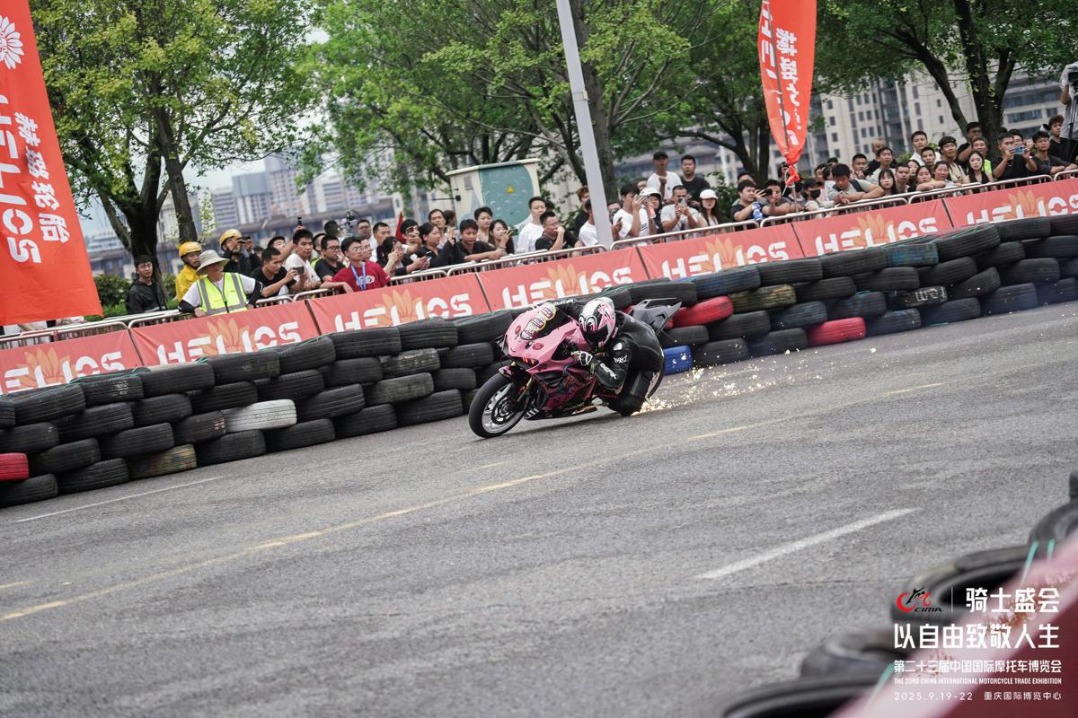Country advancing women's well-rounded development


A white paper titled "China's Achievements in Women's Well-Rounded Development in the New Era", published by the State Council Information Office on Friday, presents a comprehensive account of the country's historic progress in advancing women's rights under the leadership of the Communist Party of China since 2012.
Gender equality has been incorporated into the Party's governance program and integrated into national development plans more closely since that year. This has helped to ensure that women's issues are addressed within the broader framework of the country's modernization.
The achievements outlined in the white paper are remarkable. The rising proportion of women among Party delegates, lawmakers, government officials and political advisers at various levels directly reflects the commitment to ensuring women have an equal role in the country's whole-process people's democracy.
Highlighting their indispensable contribution to high-quality development, women represented about 43 percent of the total employed population in 2024, and more than 8.4 million women had received entrepreneurial loans to realize their business dreams.
The elimination of absolute poverty in 2020 directly benefited millions of women. Women's access to education and healthcare has also seen historic progress. Maternal and child healthcare networks have expanded, reducing maternal mortality and safeguarding the health of mothers and newborns, while family-friendly policies, including extended maternity and parental leave, childcare subsidies, and community childcare facilities, have helped ease women's burden balancing family and work.
Behind these achievements is systematic policy design and implementation. The All-China Women's Federation, as the bridge between women and the Party, has launched many initiatives to support women in such fields as employment, family education, rights protection and social services. These measures have created favorable conditions for women and contributed to national development.
This year has a special significance, as it marks the 30th anniversary of the 1995 World Conference on Women in Beijing. Since then, China has actively participated in the global cause of women's development through concrete actions.
These actions include upholding gender equality as a basic State policy, carrying out national action plans dedicated to the all-around development of women, supporting UN Women, assisting developing countries with 100 maternal and child healthcare projects, and training over 200,000 female professionals for more than 180 countries and regions.
China's achievements lie in combining a people-centered approach with strategic planning. Laws such as the Anti-Domestic Violence Law, the Civil Code, and the Law on the Protection of Women's Rights and Interests provide strong legal safeguards. The country's five-year plans have consistently included dedicated sections on women's development. Meanwhile, public campaigns and education on gender equality have helped build a social ethos of respect for women and family values.
Later this year, China will host the Global Leaders' Meeting on Gender Equality and Women's Empowerment, underscoring the continuity of China's commitment to advancing the well-rounded development of women both at home and abroad.
Under the leadership of the CPC, China will continue to advance gender equality and women's well-rounded development. Women's growing confidence, independence and contributions will be vital in achieving the nation's goals of building a modern socialist country and realizing national rejuvenation.
As the white paper makes clear: China's story of women's development is at heart a story of CPC leadership, systematic governance, and the collective efforts of hundreds of millions of women striving for a better life and a brighter future.

































